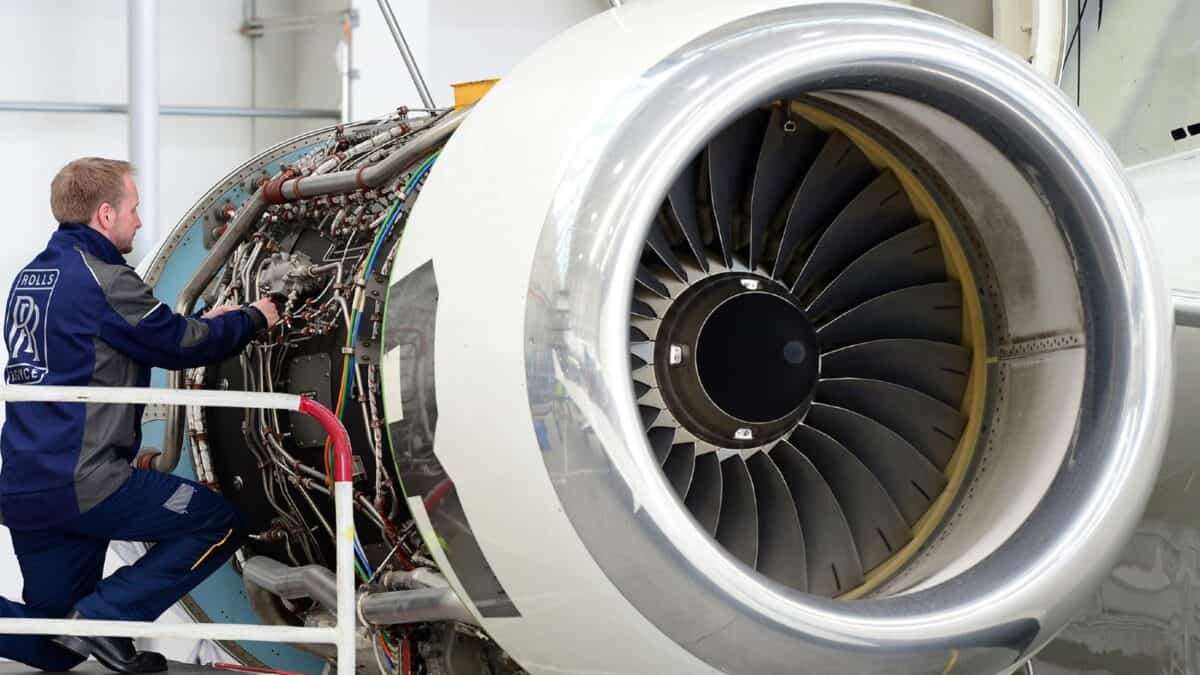Prior to the pandemic, IAG (LSE:IAG) shares were trading for over 400p. Today, the airline operator trades at just 157p, a fraction of its previous value.
The stock tumbled 4% on Tuesday 21 November after the company announced its medium-term targets, bringing an end to a month-long rally that had seen 19% growth.
So, let’s take a closer look at this stock, and explore whether it could really double in value over the next 24 months.
Medium-term targets
Tuesday 21 November was a much-anticipated capital markets day.
The British Airways parent company outlined its medium-term objectives and affirmed its aim to reinstate dividend payments once it ensures the security of its balance sheet and investment initiatives — the company has not distributed dividends since 2019.
Moving forward, IAG aims for an operating margin ranging from 12% to 15% in the medium term, in line with the 13.5% recorded in the initial nine months of 2023.
While UBS suggested the medium-term forecast was in line with expectations, the market reacted poorly with the stock down 4.5% at one point.
IAG also said it expected to keep its net debt-to-EBITDA ratio to “less than 1.8x“, compared with a ratio of 3.1 times in 2022.
Worth the risk
There are always risks when investing. Rising fuel costs is one risk for IAG. Thankfully, the airline has hedged 65% in Q4 2023, 58% in Q1 2024, 49% in Q2 2024, and 39% in Q3 2024, which does provide something of a buffer.
Equally, demand for air travel, which has been incredibly robust since the pandemic, could come under pressure in 2024 as households across Europe and America reduce their spending amid forecast recessions.
The silver line here is that these aren’t fundamental problems. They’re cyclical and geopolitical issues that should pass.
Valuation
I believe IAG is among the best stocks I could buy on the FTSE 350 or S&P 500. It’s got great metrics, some positive momentum, and an improving debt position.
To start with, IAG has outperformed the FTSE 100 over the past 12 months. The stock is up 23% over the past year. Momentum is a really valuable commodity when it comes to UK stocks at the moment.
Secondly, valuation metrics are very strong. IAG trades at 4.5 times TTM (trailing 12 months) earnings and 4.3 times forward earnings. That puts it at a 78% discount versus the industrials average.
In fact, on almost every metric, IAG has a very attractive valuation. This includes the forward EV-to-EBITDA ratio — which takes into account debt — is just 3.1 times, and a 72% discount versus the industrial average.
Earnings per share growth is expected to be modest in the medium term, with a possible downturn next year. As such, I’m not expecting the stock to double in two years, but I wouldn’t be surprised to see that happen within the next five years.
It’s a stock I’m continuing to buy. If 2024 turns out to be a more robust year for travel than expected, and fuel prices don’t rise considerably, there could be some adjustment to the forecasts.








